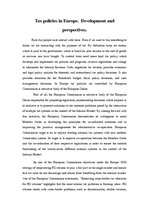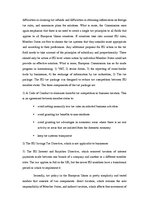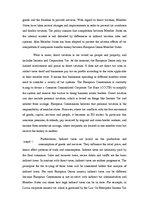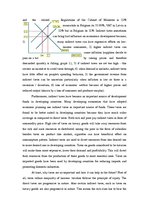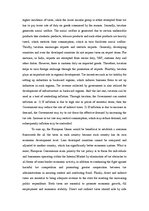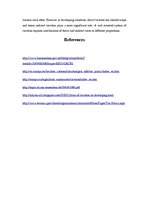To sum up, the European Union would be beneficial to establish a common framework for all the taxes in each country because each country has its own economic development level. Less developed countries cannot be compared and adjusted to another country, which has significantly better economic system. What is more, European Commission main priority for tax policy is to focus for individuals and businesses operating within the Internal Market by elimination of tax obstacles to all forms of cross-border economic activity, in addition to continuing the fight against harmful tax competition and promoting greater cooperation between tax administrations in assuring control and combating fraud. Finally, direct and indirect taxes are essential to bring adequate revenue to the state for meeting the increasing public expenditure. Both taxes are essential to promote economic growth, fill employment and economic stability. Direct and indirect taxes should side by side balance each other. However in developing countries, direct taxation has limited scope and hence indirect taxation plays a more significant role. A well oriented system of taxation requires combination of direct and indirect taxes in different proportions.…
Each day people have contact with taxes. Even if we want to buy something to drink, we are interacting with the payment of tax. By definition taxes are money which is paid to the government, which is based on your income or the cost of goods or services you have bought. To control taxes need some kind tax policy which develops and implements tax policies and programs; reviews regulations and rulings to administer the Internal Revenue Code, negotiates tax treaties, provides economic and legal policy analysis for domestic and international tax policy decisions. It also provides estimates for the President's budget, fiscal policy decisions, and cash management decisions. In Europe tax policies are controlled by European Commission is executive body of the European Union.

